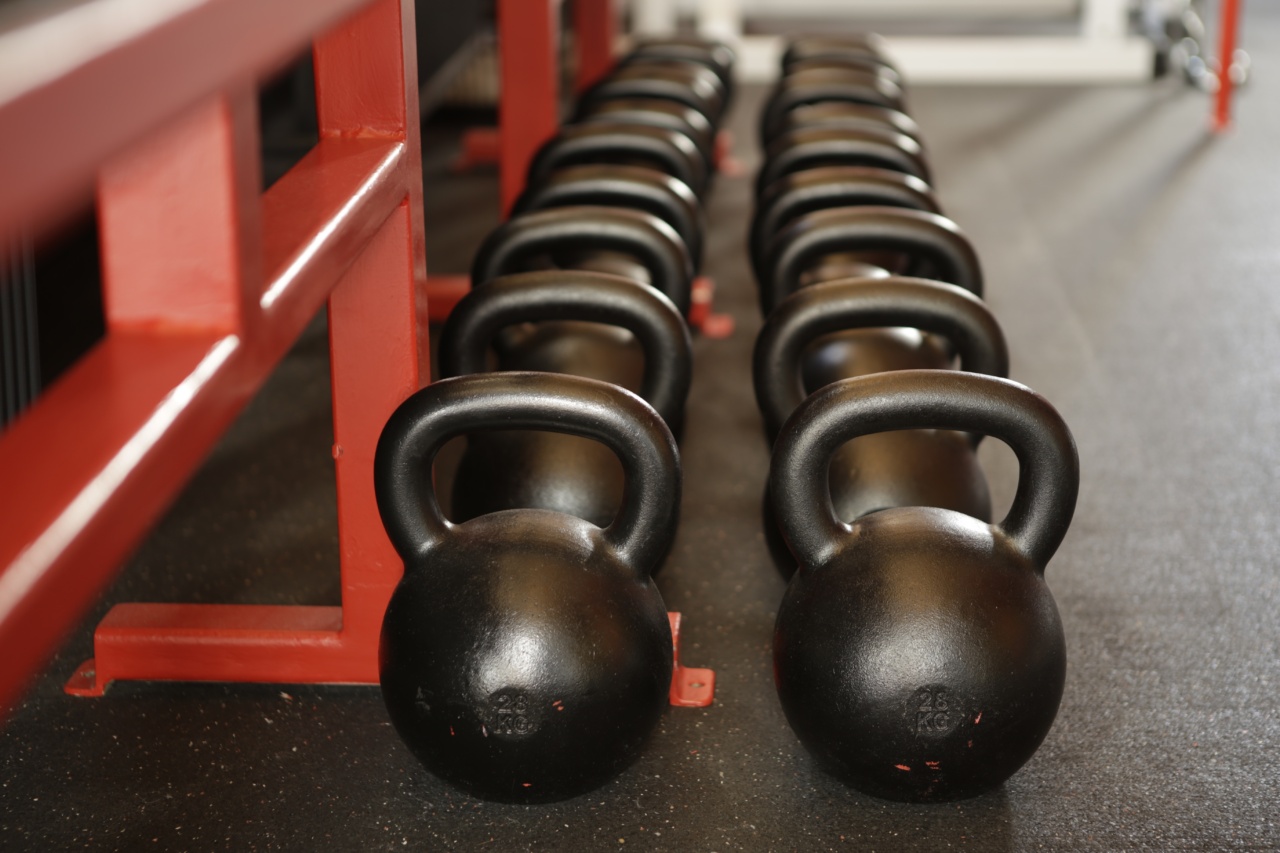Bones are the foundation of our body, providing structure and support for movement. As we age, our bones become weaker, making us susceptible to fractures and other bone-related conditions.
However, with the right habits and lifestyle changes, we can build unbreakable bones and maintain lifelong strength.
1. Get Enough Calcium and Vitamin D
Calcium and vitamin D are essential nutrients for bone health. Calcium helps to build and maintain strong bones, while vitamin D enhances calcium absorption.
The recommended daily intake of calcium for adults is 1,000 mg, while the recommended daily intake of vitamin D is 600-800 IU. You can get these nutrients from dairy products, green leafy vegetables, soy products, and sunlight exposure.
2. Engage in Weight-Bearing Exercises
Weight-bearing exercises are activities that force you to work against gravity, such as walking, running, and weightlifting. These exercises help to build and maintain bone density and strength.
Ideally, you should engage in weight-bearing exercises for at least 30 minutes every day.
3. Quit Smoking
Smoking is detrimental to bone health. It reduces blood flow to the bones, which impairs their ability to absorb calcium and other essential nutrients. Smoking also increases the risk of osteoporosis and fractures.
If you smoke, quitting is one of the best things you can do for your bone health.
4. Limit Alcohol Intake
Excessive alcohol intake is associated with a range of health problems, including reduced bone density and increased risk of fractures.
To maintain strong and healthy bones, it is recommended that you limit your alcohol intake to no more than one drink per day.
5. Eat a Balanced Diet
A balanced diet is essential for overall health, including bone health.
In addition to getting enough calcium and vitamin D, you should ensure that your diet is rich in other vitamins and minerals that are important for bone health, such as vitamin K, magnesium, and potassium. Eating a variety of fruits, vegetables, whole grains, and lean protein sources can help you meet your nutrient needs.
6. Get Enough Sleep
Sleep is essential for bone health. During sleep, your body repairs and regenerates bone tissue. Getting enough sleep is especially important for children and adolescents, as this is the time when bone growth occurs.
Aim for at least 7-8 hours of sleep per night.
7. Manage Your Stress
Chronic stress can have a negative impact on bone health. It increases the production of cortisol, which can interfere with bone growth and repair. To manage your stress levels, try relaxation techniques such as meditation, deep breathing, or yoga.
8. Take Steps to Prevent Falls
Falls are a major cause of fractures in older adults. To prevent falls, take steps such as removing tripping hazards from your home, using non-slip mats in the bathroom, and wearing sturdy footwear.
Engaging in weight-bearing exercises and maintaining good balance can also help to prevent falls.
9. Get Regular Bone Density Tests
If you are at risk of osteoporosis, it is important to get regular bone density tests to monitor your bone health.
A bone density test is a quick and painless screening that can detect bone loss early on, allowing you to take steps to prevent further bone loss.
10. Consult Your Doctor
If you have concerns about your bone health, consult your doctor. They can assess your risk factors and make recommendations for lifestyle changes or treatments that can help to maintain or improve your bone health.
Conclusion
Building unbreakable bones is a lifelong process that involves making healthy lifestyle choices and managing your risk factors. By following the tips outlined in this guide, you can maintain strong and healthy bones throughout your life.































